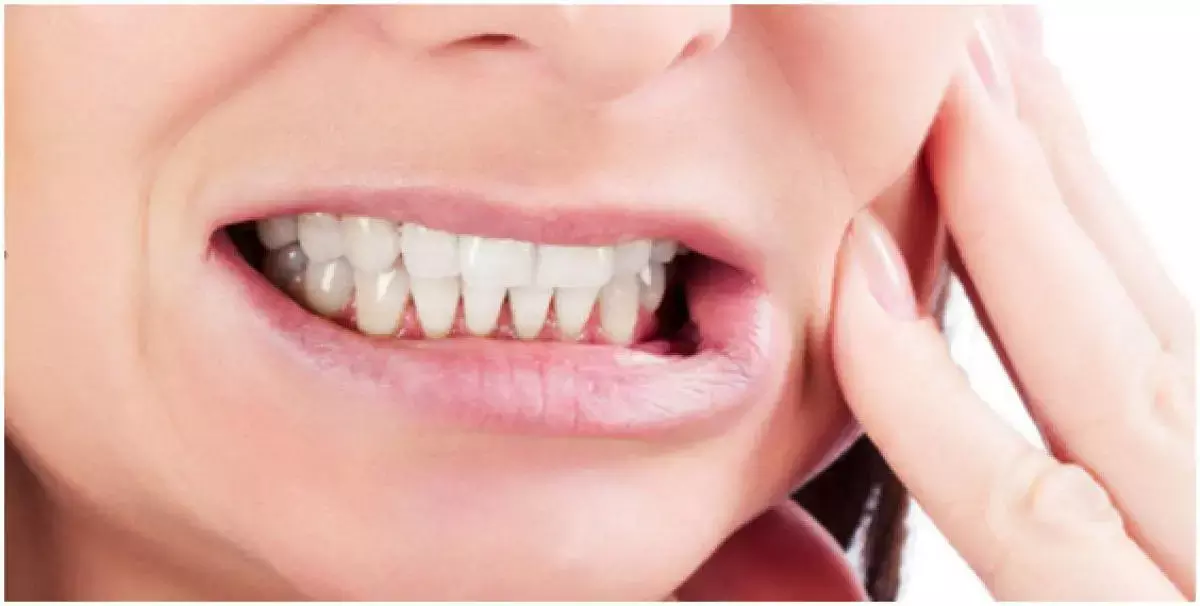- Home
- Medical news & Guidelines
- Anesthesiology
- Cardiology and CTVS
- Critical Care
- Dentistry
- Dermatology
- Diabetes and Endocrinology
- ENT
- Gastroenterology
- Medicine
- Nephrology
- Neurology
- Obstretics-Gynaecology
- Oncology
- Ophthalmology
- Orthopaedics
- Pediatrics-Neonatology
- Psychiatry
- Pulmonology
- Radiology
- Surgery
- Urology
- Laboratory Medicine
- Diet
- Nursing
- Paramedical
- Physiotherapy
- Health news
- Fact Check
- Bone Health Fact Check
- Brain Health Fact Check
- Cancer Related Fact Check
- Child Care Fact Check
- Dental and oral health fact check
- Diabetes and metabolic health fact check
- Diet and Nutrition Fact Check
- Eye and ENT Care Fact Check
- Fitness fact check
- Gut health fact check
- Heart health fact check
- Kidney health fact check
- Medical education fact check
- Men's health fact check
- Respiratory fact check
- Skin and hair care fact check
- Vaccine and Immunization fact check
- Women's health fact check
- AYUSH
- State News
- Andaman and Nicobar Islands
- Andhra Pradesh
- Arunachal Pradesh
- Assam
- Bihar
- Chandigarh
- Chattisgarh
- Dadra and Nagar Haveli
- Daman and Diu
- Delhi
- Goa
- Gujarat
- Haryana
- Himachal Pradesh
- Jammu & Kashmir
- Jharkhand
- Karnataka
- Kerala
- Ladakh
- Lakshadweep
- Madhya Pradesh
- Maharashtra
- Manipur
- Meghalaya
- Mizoram
- Nagaland
- Odisha
- Puducherry
- Punjab
- Rajasthan
- Sikkim
- Tamil Nadu
- Telangana
- Tripura
- Uttar Pradesh
- Uttrakhand
- West Bengal
- Medical Education
- Industry
Sleep bruxism reflects masticatory muscle behavior tied to health deterioration not mortality

Sleep bruxism reflects masticatory muscle behavior detrimental to health, but not tied to mortality suggests new study published in the Journal of Oral Rehabilitation
The association of sleep bruxism with mortality has not been studied previously.
This is the first study to examine the relationship between sleep bruxism and mortality. The association between sleep bruxism and increased risk of mortality did not hold when the regression model was adjusted for known risk factors for mortality. Sleep bruxism is not a disease that kills but rather reflects a masticatory muscle behavior detrimental to health.
Altogether 12 040 subjects from the nationwide Finnish twin cohort were included in the analyses. We examined whether self-reported sleep bruxism is associated with increased risk of mortality, and if so, whether the effect is independent of known common risk factors. The time span of the follow-up was 30 years.
Cox proportional hazards regression models (Hazard Ratios and their 95% Confidence Intervals) adjusted by age, sex and covariates were used to assess the effect of baseline bruxism status in 1990 on future mortality in 1990–2020.
Results
The risk of mortality among all participants (n = 12 040), independent of missing covariates and adjusted by age and sex, was 40% higher in weekly bruxers than in never bruxers However, when adjusted by all studied covariates, (n = 11 427) the risk was no longer observed
Despite the overall lack of between bruxism and mortality after adjustment for covariates, we examined the cause-specific risks for major cause-of-death groups.
There were no substantial associations of weekly bruxism with major disease outcomes by the fully adjusted hazard ratios for them.
Bruxism does not kill—in line with its definition of being rather a behaviour (with all its phenotypes) than a disease.
Reference:
Ahlberg, J, Lobbezoo, F, Manfredini, D, Piirtola, M, Hublin, C, Kaprio, J. Self-reported sleep bruxism and mortality in 1990–2020 in a nationwide twin cohort. J Oral Rehabil. 2023; 00: 1- 6. doi:10.1111/joor.13441
Dr. Shravani Dali has completed her BDS from Pravara institute of medical sciences, loni. Following which she extensively worked in the healthcare sector for 2+ years. She has been actively involved in writing blogs in field of health and wellness. Currently she is pursuing her Masters of public health-health administration from Tata institute of social sciences. She can be contacted at editorial@medicaldialogues.in.
Dr Kamal Kant Kohli-MBBS, DTCD- a chest specialist with more than 30 years of practice and a flair for writing clinical articles, Dr Kamal Kant Kohli joined Medical Dialogues as a Chief Editor of Medical News. Besides writing articles, as an editor, he proofreads and verifies all the medical content published on Medical Dialogues including those coming from journals, studies,medical conferences,guidelines etc. Email: drkohli@medicaldialogues.in. Contact no. 011-43720751


